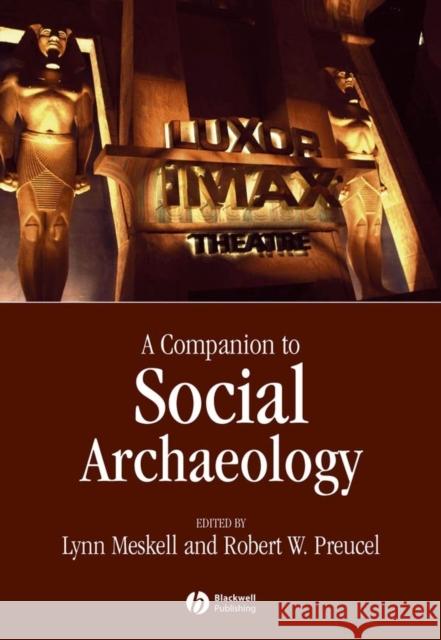A Companion to Social Archaeology » książka
topmenu
A Companion to Social Archaeology
ISBN-13: 9781405156783 / Angielski / Miękka / 2006 / 444 str.
The Companion to Social Archaeology is the first scholarly work to explore the encounter of social theory and archaeology over the past two decades.
- Grouped into four sections - Knowledges, Identities, Places, and Politics - each of which is prefaced with a review essay that contextualizes the history and developments in social archaeology and related fields.
- Draws together newer trends that are challenging established ways of understanding the past.
- Includes contributions by leading scholars who instigated major theoretical trends.











